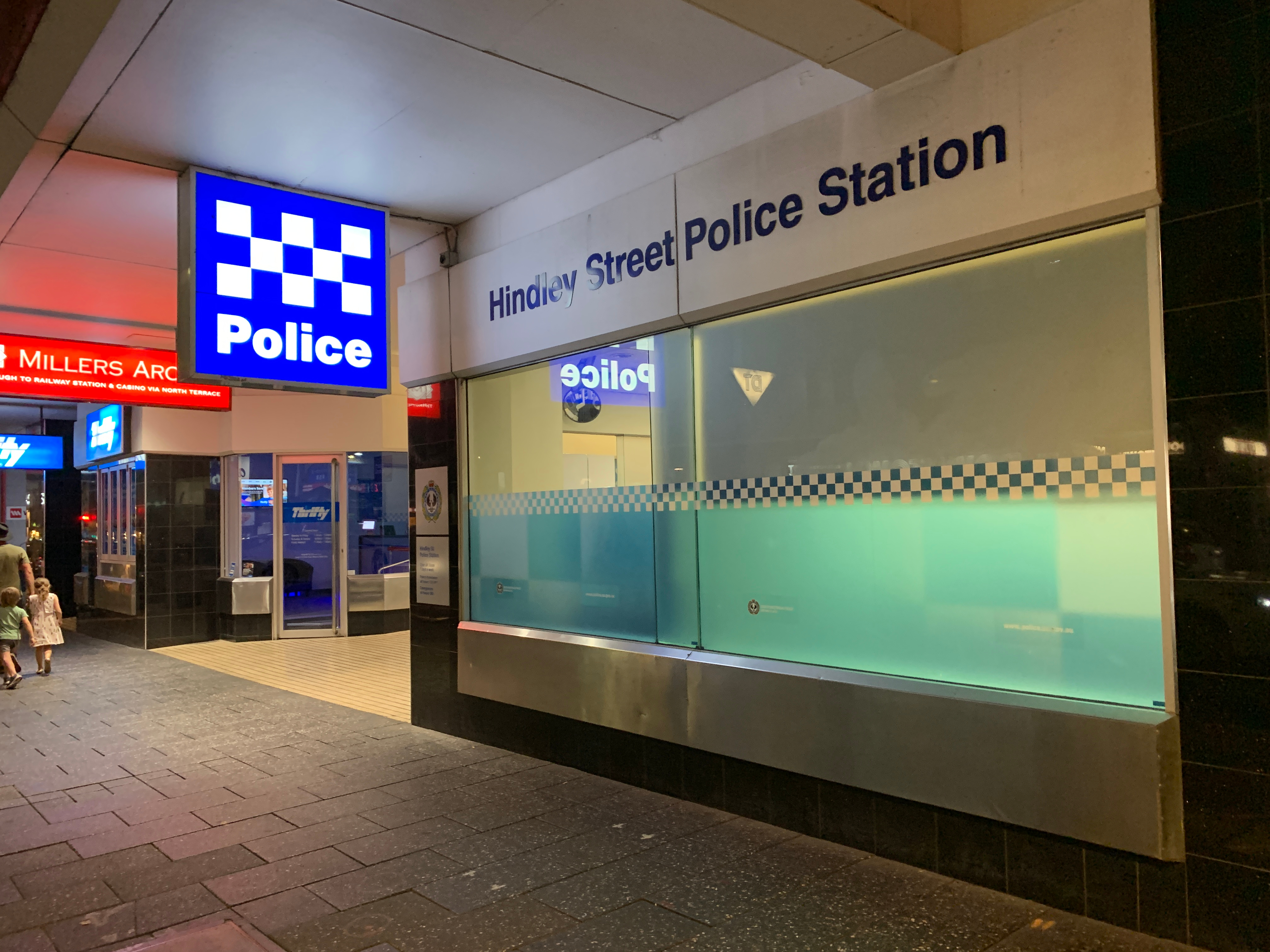If you are found guilty or you intend to plead guilty to a traffic or driving offence, a compelling character reference letter for a Judge or Magistrate to read can significantly improve your sentence outcome in court.
Sample character reference letter for driving offences
Typed
Letterhead here if possible i.e. LMN Pty Ltd
Date:
To: The Presiding Local Court Magistrate or District Court Judge
Name the specific court I.e. Bankstown Local Court
Your Honour,
GENERAL TOPICS TO BE COVERED
- Introduction:
- Outline who you are as the referee for the offender, your name, age, occupation and context on how you got to know the person you are writing the reference for (the offender).
- Period of time you have known him/her for.
- How often you see or communicate with each other.
- If the driving offence has been disclosed to you, express this. For example, “He/she has informed me that he/she is pleading guilty to the offence of…”
- Shame, Remorse, Insight and Rehabilitation Prospects:
- Outline whether he/she has displayed shame for committing the offence and/or disclosing it to you. For example, “I could see that he/she felt tremendous embarrassment when disclosing the offence to me, and I believe he/she is very ashamed of committing it”.
- For insight and remorse: you may outline whether the offender has expressed an acknowledgment as to the seriousness of the offence, accepts responsibility for it, felt genuine regret and understands the harm or potential harm the driving offence caused other road users.
- For prospects of rehabilitation: you may outline your knowledge as to any program or treatment that the offender has or is currently undertaking. You may also outline whether he/she has told you of the progress experienced from undertaking this. You may express whether you’ve observed any positive changes in him/her as a result.
- If he/she has completed the traffic offenders program, you may outline your knowledge of this and whether he/she has gained a greater awareness of road safety as a result.
- If he/she has commenced treatment from a psychologist, or drug and alcohol counsellor or other program, you may outline your knowledge of this and whether he/she has expressed any positive progress from this. For example, “I understand that Bob has been seeing a psychologist regularly to deal with some personal issues. He tells me that this has greatly benefited him and intends on continuing this.”
- Good Character:
- Briefly outline your view of him/her as a person. You may provide an example of what he/she did that demonstrates a reason for your view of him/her. For example, “I have always found Bob to be honest, hard-working, reliable and determined because…”
- If the offender has disclosed the driving offence to you (recommended), then you may outline whether you still hold the view that he/she is a good character despite your knowledge that he/she has committed the current driving offence.
- If he/she has never committed this kind of driving offence in the past, you may outline how shocked you were to hear about his/her current offence. You may express whether the conduct is un-characteristic. But be careful of this. If his/her traffic record from the RMS is awful then the current driving offence cannot be considered by a court as un-characteristic.
- If he/she has committed a prior driving offence of this nature, you may express your knowledge of this. For example, “I am aware that Bob has previously committed the offence of…”
- If applicable, outline brief details of any charity contributions he/she has made or is currently making.
- If you are aware of his/her personal circumstances, you may briefly outline his/her significant family and/or financial commitments.
- If you are his/her partner, you may briefly outline the family commitments involving the offender. This can include any child responsibilities of driving children to and from school/day care and any significant expenses such as loan or mortgage repayments. If applicable, outline whether you and the children rely on his/her income or his/her income contributes to majority of the expenses. Outline whether you or other family members rely on him/her to drive and why.
- Employment:
- If you’re writing this letter as the employer or work colleague, you may outline the offender’s work details, including:
- Job title.
- Period of time he/she has worked here for.
- Details of his/her role. You may outline whether his/her role requires a driver licence briefly explaining how often he/she drives and locations he/she is required to drive to on a daily basis.
- Outline any unique or hard to acquire skills that the offender possesses which will be difficult to replace if he/she no longer works here.
- If possible, outline the approximate extent of revenue he/she generates the business every month/year.
- How hard he/she has worked to get to this position. His/her punctuality, reliability, and contributions to the business’s success.
- The number of people he/she is in charge of or manages.
- Outline if he/she will be (will likely be) dismissed from the job if disqualified from driving and/or upon receiving a criminal conviction and why:
- If a driver licence is an essential requirement of his/her job, briefly express this and why. You may briefly outline how often he/she is required to drive on a day to day basis I.e. km’s covered in a day or month, locations required to travel to and any requirements to attend remote locations at short notice in a day.
- It is recommended to look into the employment contract to see if there are any clauses that outline the same.
- If his/her job requires a security clearance, security licence or criminal background check, you may outline what impact a conviction will have on his/her ability to obtain or maintain these requirements for the job. It is recommended to back this up with evidence from the governing body that issues the clearance/licence.
- If his/her role requires international travel, outline how often and locations he/she is required to travel to, and what potential affect a conviction will have on this.
- If you’re writing this letter as the employer or work colleague, you may outline the offender’s work details, including:
- It is recommended to state, that if required to, you will be prepared to attend court to give evidence for the person you are writing the reference letter for. You should also state you postal address. Keep in mind, that you will generally not likely ever be asked to attend court to give evidence.
FAQ
- Your reference letter for driving offences should be limited to 1 page. Magistrates and Judges have limited time to spend on each case in a day. You will likely get a better outcome by keeping each letter succinct and to the point.
- It’s recommended to type, and have each letter signed and dated.
- Hand the Judge or Magistrate with the original letter, not a copy.
- Ensure each reference letter is reviewed and makes sense. Check for any spelling or grammar mistakes. Ensure it doesn’t contain irrelevant information. Its recommended to have an experienced traffic lawyer review it before handing it to the Court.
- Refer to the Judge or Magistrate as “Your Honour”.
- Use the company letterhead if applicable.
- The person writing the letter should use his/her own words and sentences.
A character reference letter can come from someone close to the offender. This includes, family, charity, partner, friend, employer, colleague and/or religious organisation.
The referee should be carefully chosen as the best person capable of putting across relevant points that a Magistrate or Judge can properly consider so that you can get a better sentence result in court.
Picking the appropriate referee will depend on the driving offence type and the offender’s personal
circumstances.
For example, if you wish to point out the hardship a family dependent will suffer in the event that you are disqualified from driving or dismissed from work, it will be worthwhile getting a character reference letter from that dependent briefly outlining details of this and why.
If you are a partner to the offender and financially rely on his/her income, and perhaps also rely on him/her to drive to attend to child commitments, such as driving kids to and from school/day care, you may briefly outline this.
If you wish to outline the extent that your driver licence is required for work, it will be worthwhile getting a letter from your employer briefly outling details of this.
An experienced traffic lawyer can guide you in this process.
There is no rule as to how many character reference letters you are allowed to use in court.
You should keep each letter to one page, and as a general rule, hand up between 2 to 4 of your best letters for the Judge or Magistrate to read.
Magistrates and Judges are required to hear and deal with a large case load in a day. They therefore have limited time to hear your case. You will likely get a better response if you keep your documents as short, concise and to the point as possible.
Avoid duplicating the relevant points you make across multiple character reference letters where using
more than one.
Each case will depend on its own circumstances and it’s a good idea to have an experienced traffic lawyer guide you in this process. Some more complex cases may require more reference letters to be used to ensure that all relevant points are made for the Magistrate or Judge to take into account in your sentence.
Where the driving offence is dealt with in the Local Court, a local court Magistrate will be deciding on the sentence. Here, the referee will not normally be required to attend court to give evidence. It is very rare for the referee to be required to attend court in the local court.
Where the driving offence is dealt with in the District Court, a District Court Judge will be deciding on the sentence. Here, the referee may sometimes be required to attend court to give evidence only if the prosecutor requests.
This can be avoided if the prosecution is given a copy of the letters in advance, in which case the prosecutor may not require the referee to attend court to give evidence.
Sometimes an affidavit reflecting the contents of the character reference letter will be more appropriate to getting a better outcome.
An affidavit that’s properly drafted and executed from each referee can also avoid the requirement of the person attending court to give evidence if the prosecutor has no objections to its contents.
An affidavit is sworn evidence in a legal document. Due to it being sworn evidence, it has a more powerful effect in court.
- The referee should avoid coming across as over-confident or arrogant.
- Avoid telling the Judge or Magistrate what to do. For example, avoid saying things like, “Bob should get a section 10 dismissal with no disqualification for this driving offence because…”
- Avoid giving excused for the offender’s driving offence. Giving excuses will reflect a lack of insight and remorse by the offender which will likely result in a worse outcome.
- Avoid using words or sentences of others.
- “Your Honour, I am aware of Jennifer’s driving offence and was shocked because…”
- “Jennifer has explained to me the seriousness of her driving offence with the potential harm she caused other road users…”
- “Jennifer has told me how ashamed she feels for her conduct especially after having completed the traffic offenders program which has provided her with more insight into her driving offence…”
- “I have known Jennifer for over 20-years after meeting her at…”
A reminder that each character reference letter will be handed up to a Judge or Magistrate to read in the driving matter for sentence. It is important to ensure that the contents of each letter are true and accurate.
Remember, these letters will be given to the Judge or Magistrate to read. It is important to ensure that each
letter is original, accurate and true.
Our team of specialist drink driving lawyers have over 30-years-experience specialising in serious drink driving cases. We have successfully achieved outstanding results, which include:
- Avoiding licence disqualification and demerit points with section 10 dismissals and Conditional Release Orders without convictions.
- Avoiding criminal convictions for drink driving offences.
- Avoiding Imprisonment sentences for serious drink driving offences.
- Getting serious drink driving charges dropped or downgraded early by police.






